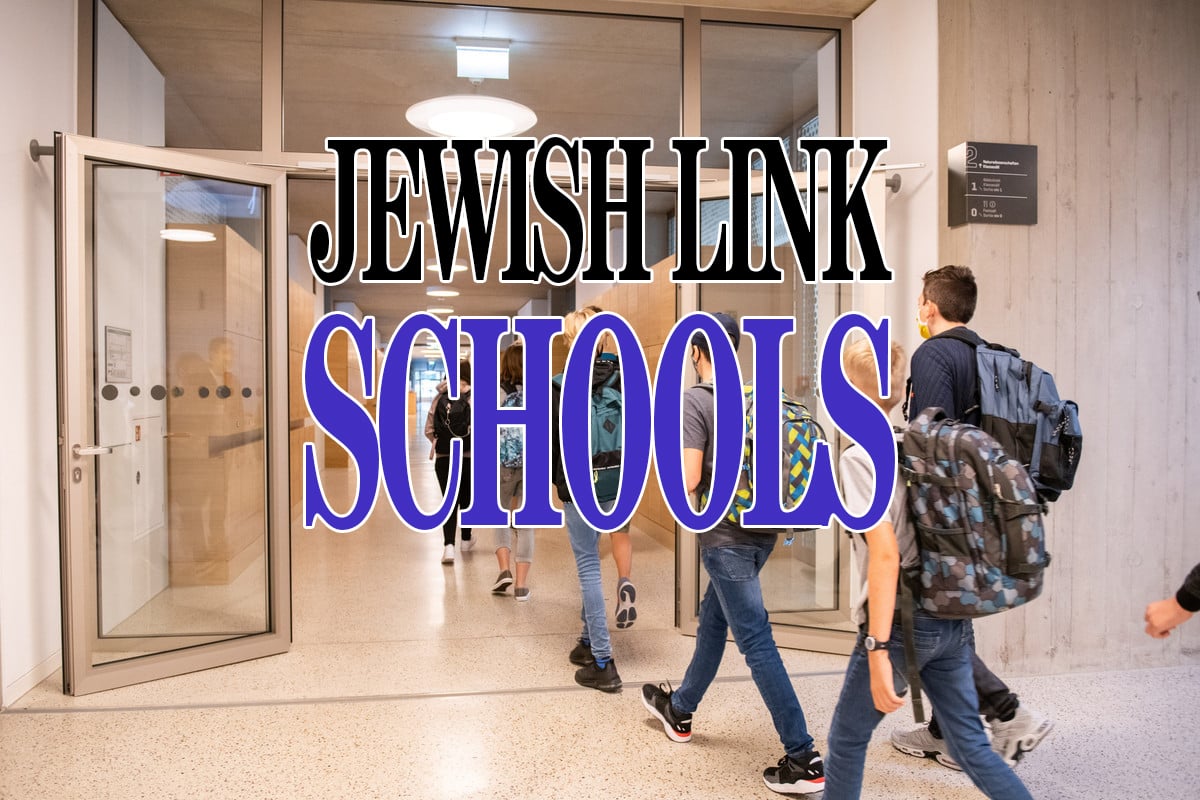When we have children, we expect to be able to raise them in our communities and educate them in our schools. For many, the story goes as planned. Others find this scenario to be a difficult or even impossible path to follow.
There seems to be a pattern, of sorts, in our schools and communities. Our children seem to fit within three general categories. In which category they fit appears to determine the ease with which they will find a space that works and the level of “chanokh lana’ar al pi darko” that will apply to them.
One category is the “typically developing” and minimally involved children. These are the children who have little to no difficulty with learning or behavioral issues. These children attend day school and go to groups at shul. They have friends and participate in activities. Occasionally they need a little academic support and find the help they need in resource rooms or homework clubs. Their behavioral issues are no different than one would expect of any child in any given age group. Most of our children fall into this group.
Another category is the children with more severe learning or behavioral issues. Wonderful programs such as Yachad, Sinai, Kulanu, PTACH, and HASC have been developed to support these children academically and in the community. One can find a number of therapeutic day schools in cities around the country. While certainly families experiencing this level of special needs face unimaginable challenges, there are definitely some options available to them in terms of educating the children. Many educators and community leaders seem sensitive and committed to these families in terms of finding a path that fits.
The category of children that appears to be most difficult in terms of education and community inclusion is somewhere in between the other two. The number of children who find themselves in this category is growing at alarming rates. These are the children with mild-to-moderate social and behavioral needs. These children often, but certainly not exclusively, have labels such as ADHD, PDD-NOS, high-functioning autism, sensory processing disorder, and others. These children are typically bright and academically capable. However, they have difficulty making friends. They are often socially delayed. They struggle with organization and attention. They have difficulty following directions and staying on task. They can be disruptive to classroom routine. They require a level of support that is not readily available in most classrooms, yet they do not need the type of academic supports found in self-contained environments. Socially, they need typical peer models in order to learn appropriate behavior. Often these children are not able to attend day schools or community events as there are insufficient resources, policies, or training available.
There are definitely some day schools trying to educate this “middle” category of children and some shuls and community programs trying to find ways to support them. Their efforts are worthy of praise. It is my opinion, however, that on the whole, we could do better.
Using “shadows” or “facilitators” is frequently the preferred method for accommodating these children. It is my opinion that while a useful strategy, this should be a transitional tool used to help support a child while he or she gains necessary skills; a safety-net until he or she is able to function independently. Educational models including environmental management, instructional accommodations, student self-management, and staff development would go far to help these children. Environmental management includes concepts such as physical seating arrangements, organizational strategies, and transition-planning, among others. Instructional accommodations include curriculum, materials, processes, and outcomes. Student self-management includes strategies initially taught by the teacher, but that eventually become student-regulated and allows the student to independently manage his or her own learning. Staff development requires training for teachers, development of policies, collaboration, problem solving, and communication.
Obviously, financial resources are an issue. Nevertheless, I feel that often these children are not given a chance to participate with their peers out of fear and misunderstanding. Our goal as educators, parents, and neighbors should be to help all of our children to become successful, contributing members of our communities. “Chanokh lana’ar al pi darko” should not be a matter of categories, but a continuum of strategies, programs and policies used in educational and community settings for the success and enrichment of all of our children.
Dr. Wodinsky and her family recently moved to Teaneck, NJ from Atlanta, GA where she was the founder and director of The Rayim Connection, a non-profit organization that provided year-round programming for children in an inclusive setting. She is a special educator, inclusion specialist, and consults with families and schools. She earned her master’s degree in special education and holds graduate academic certificates in applied behavior analysis and autism intervention.
By Avigael (Stephanie) Saucier Wodinsky, Ph.D., M.Ed., M.B.A., GAC-ABA, GAC-AI (Reprinted with permission from Building Blocks Magazine)










